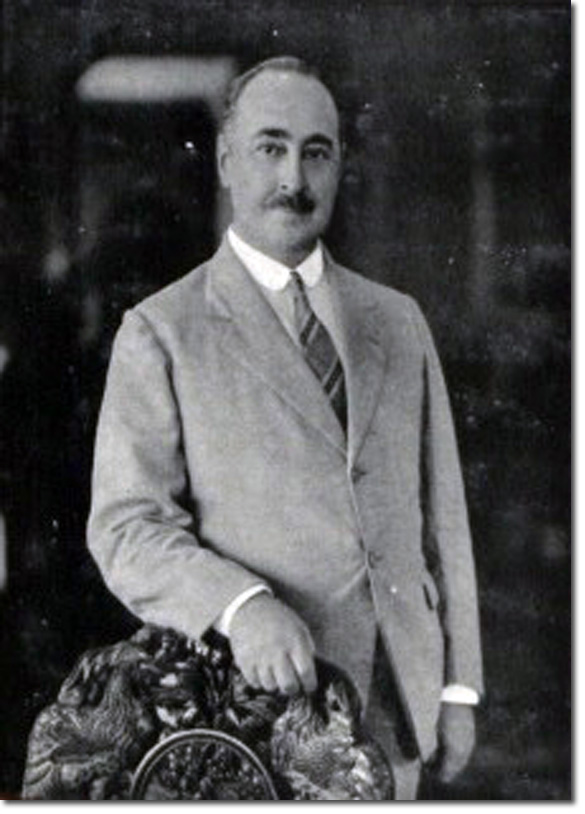|
|


|
|
Sir Andrew Caldecott was sent to Ceylon to smooth the way for further advance at a time when agitation for constitutional reform was intense. In November 1937 he was instructed to sound opinion and to recommend amendments to the constitution. His ‘reforms dispatch’ of June 1938 was written with a vigour and directness unusual in official documents: it led to prolonged discussion in the state council, but to no general agreement, the basic difficulty, as always, being the question of minority representation. The outbreak of war halted consideration of constitutional advance, but Caldecott was convinced that if Ceylon's war effort were to be maintained a positive approach was required. On his recommendation the British government in 1941, and again in 1943, promised a commission on constitutional reform as soon as the war ended; and a commission was in fact appointed in 1944, the year in which Caldecott retired.
In the meantime Caldecott set himself out to be a constitutional governor, an objective misunderstood by certain sections of the European community which failed to see, with his clarity, that early self-government was inevitable. His aims were more clearly appreciated by the local politicians, such as D. S. Senanayake and J. R. Jayewardene, and he soon earned their respect and confidence. That Ceylon remained stable during the critical war years was largely due to his leadership. The sudden appointment, after the fall of Malaya, of Admiral Sir Geoffrey Layton as commander-in-chief in place of the governor, nearly led to Caldecott's resignation; happily this step was not taken and the two men, temperamentally so different, worked harmoniously together to the great benefit of Ceylon. With Caldecott's consent King's Pavilion (the governor's house in Kandy) was taken over by Mountbatten when he was appointed supreme allied commander, south-east Asia command. This proved to be an ideal arrangement since Mountbatten had chosen Peradeniya, only a few miles away, as his headquarters in Ceylon. A brilliant, far-sighted administrator, but withal warm-hearted and with a quick intelligence tempered by a human sympathy and understanding, Caldecott was ideally suited for the task of helping to transform empire into Commonwealth. Ceylon owed to him much of her trouble-free progress towards the independence which she attained in 1948. His contribution to the development of the Commonwealth, and in particular of Britain's overseas services, continued after his retirement. Early in 1947, after failing to convince the Colonial Office of the necessity to create a colonial administrative service centrally controlled and hence able to make a positive contribution to the development of colonies achieving home rule, he resigned from the colonial service appointments board to which he had been appointed on retirement. A letter of his to The Times in June 1947 gave widespread publicity to the urgent need for a true unification of the colonial service and for a central control over its cadre and rate of recruitment as each colony progressed along the road to self-government. It is fair to say that the creation of HM overseas civil service with effect from 1 October 1954—such a vital step in the smooth progress from colonies to independence—owed much to the stand taken by such a respected former colonial governor as Caldecott. Picture courtesy of National Archives |
Ceylon | Ceylon Administrators
Armed Forces | Art and Culture | Articles | Biographies | Colonies | Discussion | Glossary | Home | Library | Links | Map Room | Sources and Media | Science and Technology | Search | Student Zone | Timelines | TV & Film | Wargames